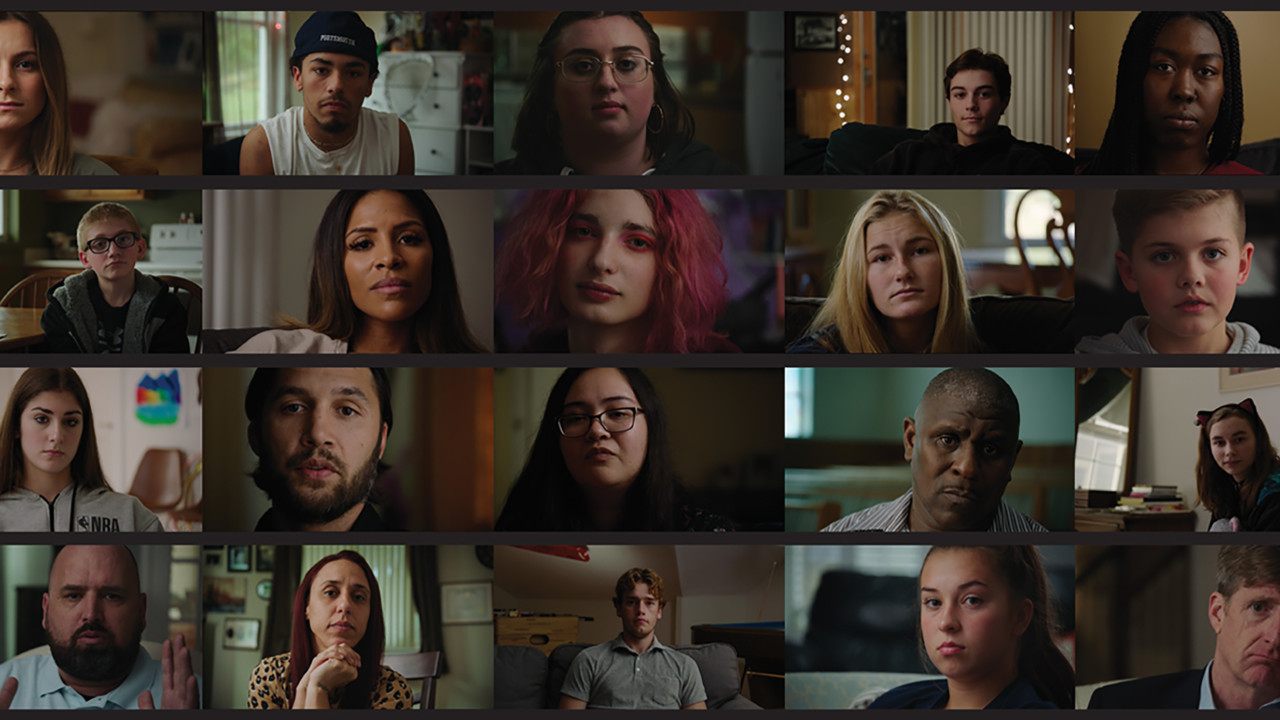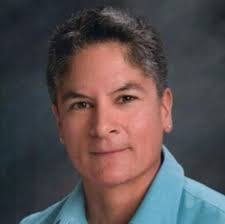
film
Part of the Hiding in Plain Sight blog series
Written by Kee Dunning, author & psychotherapist providing crisis intervention
August 26, 2021 / Forbes.com
Norm Ornstein is a political scientist and emeritus scholar at a think tank in Washington, DC, and the co-founder of the Matthew Harris Ornstein Foundation. In 2020, the foundation helped fund filmmakers Charlie Sadoff and Gabe London which allowed them to produce the PBS documentary, Definition of Insanity, about the decriminalization of mental health and a pioneering program for treating the mentally ill instead of punishing them.
In the United States, people with mental illness are 10 times more likely to be incarcerated than hospitalized, and nearly 2 million with serious mental illnesses are jailed every year. Over 70% of those incarcerated have at least one mental health diagnosis or substance use disorder, and nearly 30% have a serious mental illness, much higher than the rate found in the general public. Another 574,000 are on probation.
“Because we don’t have adequate facilities to care for those with serious mental illnesses, the jails and prisons have become the largest repository for them,” Ornstein emphasizes.
Once incarcerated, there is little to no treatment. Many people with mental illness end up in solitary confinement because they don’t comply, and yelling agitates them, or they go untreated, sometimes in active psychosis. Treatment is deeply underfunded in the prison system, and guards are untrained to treat mental illness. Why would we expect them to be? They’re paid on average $12 an hour and work under severe and punitive conditions. Arguably, the three largest mental health institutions in our country are the Cook County Jail in Chicago, the LA County Jail, and Riker’s Island, New York.
“We do not treat serious mental illnesses as illness,” says Judge Steve Leifman, Associate Administrative Judge of the Miami-Dade County Court 11th Judicial Circuit of Florida, who in 2000, established a mental health project (a national model and the subject of the PBS film) to divert people with serious mental illnesses from the criminal justice system into treatment. “If we are going to fix the problem, we need to change the system and treat mental illness as a physical illness. We would never put a person with cancer, heart disease, or diabetes in handcuffs and put them in the back of a police car or jail, to get them treatment.”

Kee Dunning is a psychotherapist in private practice, adjunct faculty and author, writing on topics such as rural youth suicide risk assessment and intervention, cognitive behavioral therapy, teen dating abuse, bullying, and concepts in communication, anger and conflict management. For nearly two decades, Kee has provided crisis intervention for triage for homeless, trafficked, and at-risk youth and families and their support systems; and was Clinical Supervisor for Graduate Studies in Counseling at Montana State University.
The “Hiding in Plain Sight” Blog is a series leading to the upcoming 2022 documentary Hiding in Plain Sight: Youth Mental Illness, produced and directed by Ewers Brothers Productions, executive produced by Ken Burns, and presented by WETA, the PBS flagship station in our nation’s capital.
WellBeings.org is a health and wellness resource, not a crisis or suicide response website. If you are in crisis, or experiencing thoughts of suicide, please call or text the 988 Suicide & Crisis Lifeline at 988 or the LGBT National Hotline at (888) 843-4564. The service is free and available 24 hours a day, seven days a week.